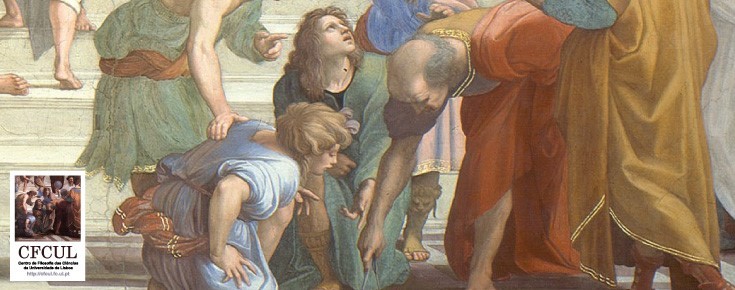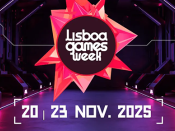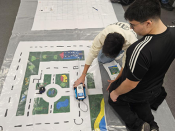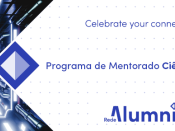
Por Maurizio Esposito, Associate Professor at the Department of Philosophy of the University of Santiago (Chile), no âmbito do Grupo de Investigação Filosofia das Ciências da Vida, do CFCUL.
Abstract: How genetic determinism succeeded: Lessons from the rhetoric of science.
Genetic determinism is nowadays largely questioned, refuted or suspected of ideological flavor. Because of this, two questions arise. Why did it acquire such relevance in the past? And why is it still discussed? This talk aims to answer these questions through the analysis of some of the ambitious and rhetorical promises of biotechnological applications. Indeed, it will be argued that there has been an interesting relationship between reductionist notions of the gene as a hereditary unit, coded information or functional DNA segment and the startling prophecies of what controlling such an entity might achieve. In other words, the talk explores the possibility that part of the historical success of genetic determinism (and of viewing a gene metaphorically as a “code” or a “recipe”) lies in the powerful rhetorical strategies that have connected the germinal matter with bold promises of extraordinary bio-technological improvements. Finally, it will also show that the futuristic visions of many geneticists were not merely tactics of scientific popularization. Indeed, very often, the border separating science for the specialists and for the public has faded.
Maurizio Esposito is a faculty member at the University of Santiago (Chile). He has previously worked at UNAM (Mexico) after concluding his PhD at the University of Leeds (UK) in 2011. He studied history and philosophy of science at the University of Bologna (Italy), at the University of Leuven (Belgium) and at the University of Montreal (Canada). He is mainly interested in the history and philosophy of the life and human sciences. He has published a monograph and articles on the history of biology and the relation between science and society.




















